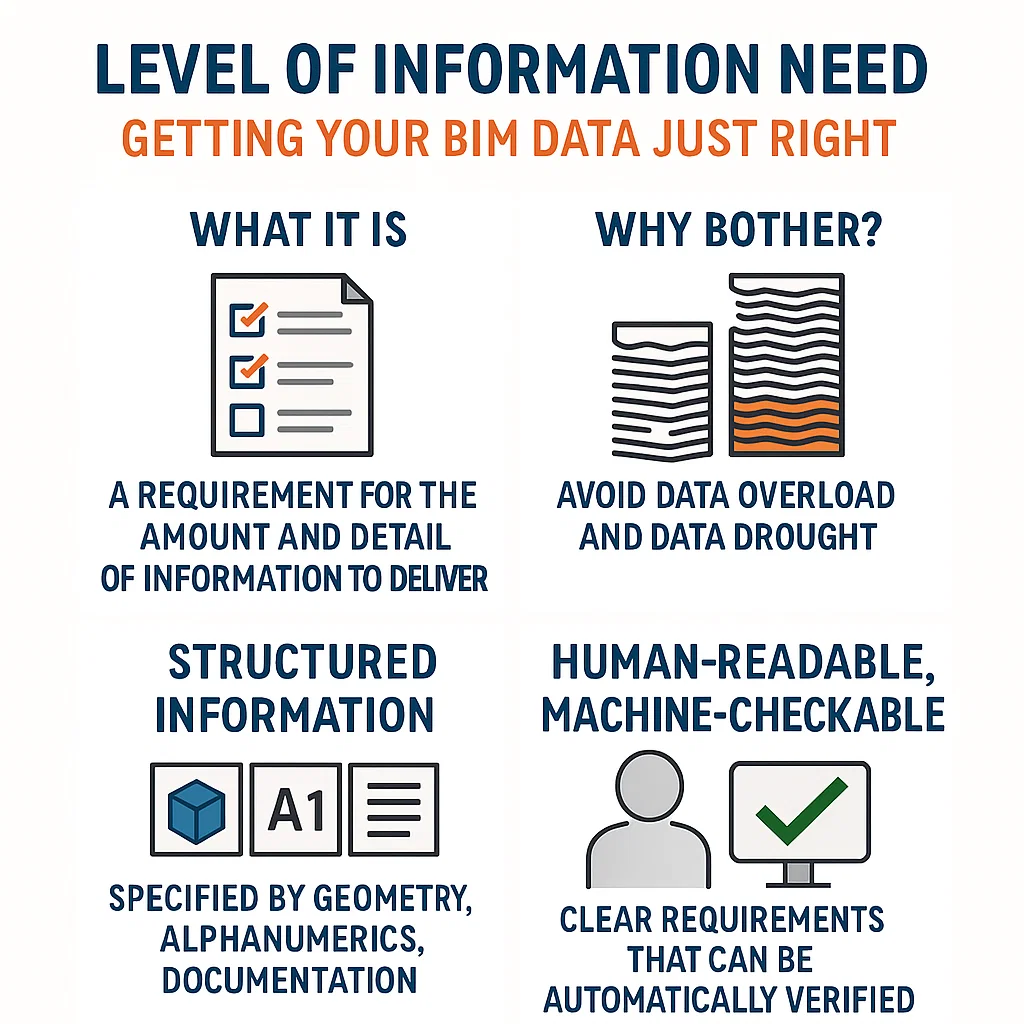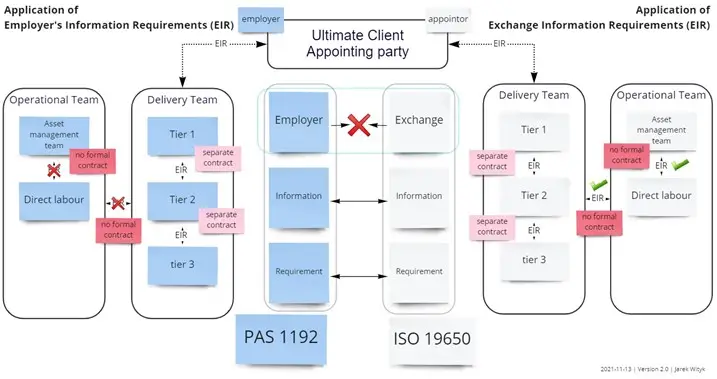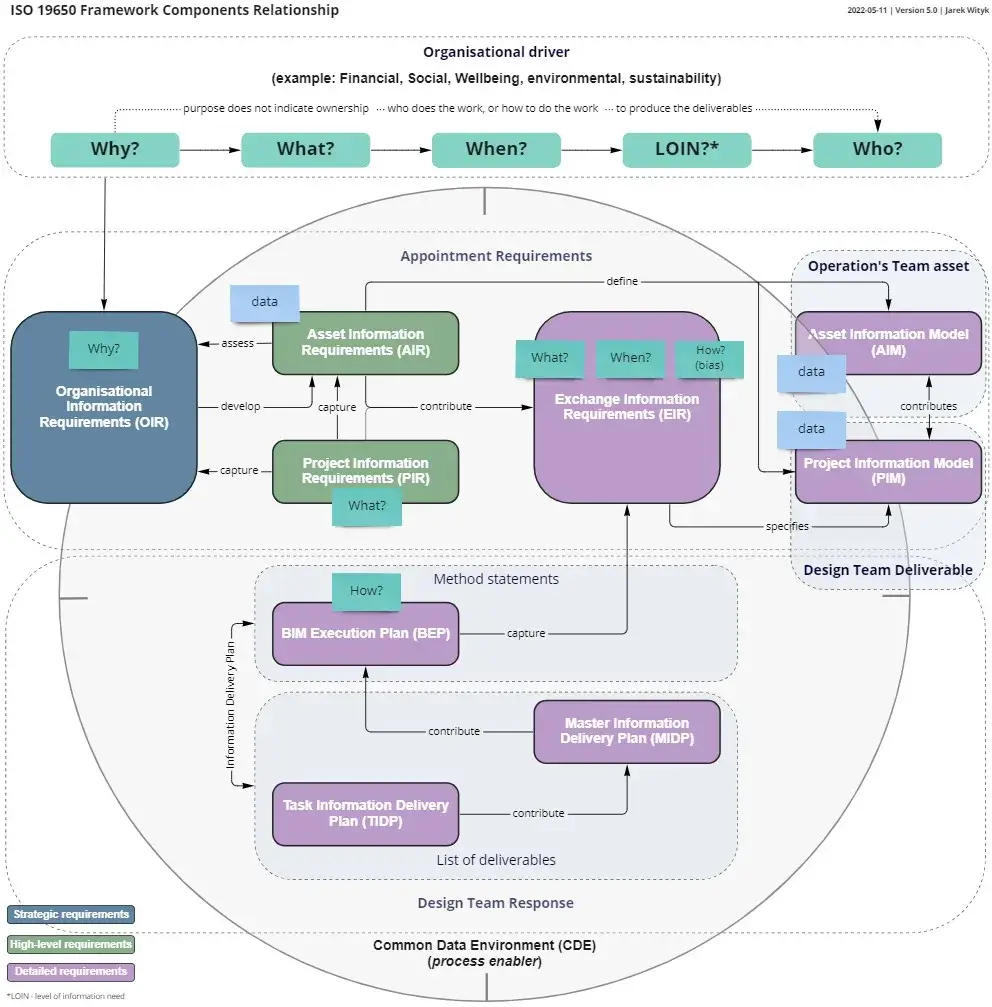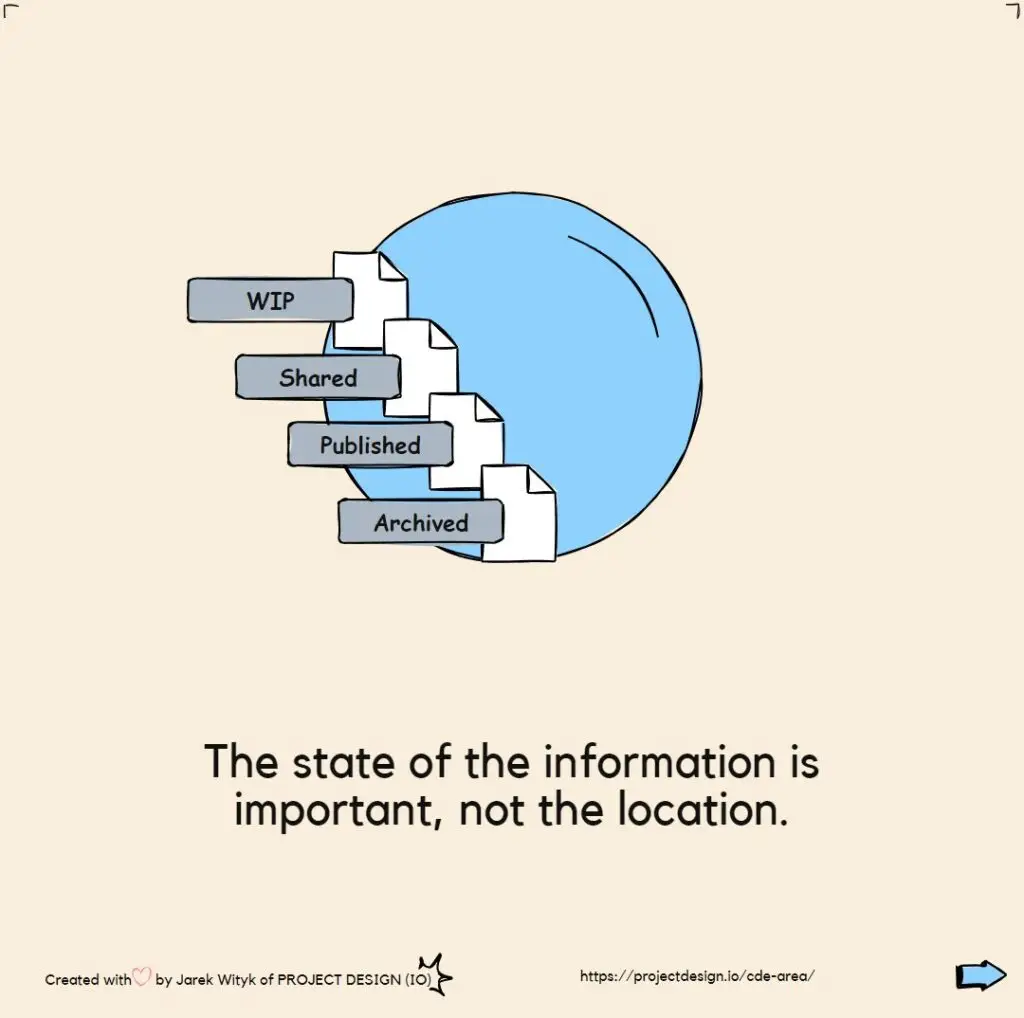Revit Guides
Data Management
ELI5

Level of information need
Ever feel like you’re drowning in BIM data you don’t need, or scrambling for details that should’ve been there? Enter the concept of Level of Information Need. It’s a straightforward idea buried behind a not-so-straightforward name (looking at you, BS EN ISO 7817-1:2024). In plain English, a Level of Information Need defines exactly what information should be delivered – no more, no less – for a given BIM use case or project stage.

Exchange Information Requirements (EIR)
The Exchange Information Requirements (EIR) term introduced by BS EN 19650 replaces the PAS 1192 term Employer Information Requirements (EIR) on all projects where BS EN ISO 19650 compliance is
acceptance criteria
evidence required for considering that requirements have been fulfilled [cited from ISO 19650-2:2018(en), 3.1.1.1] Information issued via the Common Data Environment (CDE) must comply with Project Information Requirements (PIR) outlined
Pre-contract BEP
On projects where ISO 19650 Framework has implemented a term, Pre-appointment BEP is used instead of the PAS 1192 term Pre-contract BEP. The meaning is the same, it communicates on
Post-contract BEP
This PAS 1192 term has been superseded by ISO 19650 term Post-appointment BEP. It is a BIM Execution Plan (BEP) which shall be re-submitted by the Lead Appointed Party and
geometrical
This is an ISO 19650 term which replaces the PAS1192 term “graphical”. Geometrical is more appropriate to describe spatial positioning and relationships
graphical
The PAS1192 term has been replaced by ISO19650 term ‘geometrical’ Geometrical is more appropriate to describe spatial positioning and relationships

BIM Execution Plan (BEP)
The purpose of the BIM Execution Plan (BEP) is to clearly define the actions required of each member of the project team in order to successfully deliver the BIM workflows

CDE area
ELI5-S1: BIM Basics E5: CDE areas and states Area and section imply moving information from one place to another. This is not necessary in a CDE. It is the state

CDE state
ELI5-S1: BIM Basics E5: CDE areas and states This term replaces the ‘CDE area’ PAS 1192 term, the idea is the location of the information (container) is not important but
CDE gate
Transition [ISO19650] Transition is used to denote change (in the state of the information container)

information container
ELI5-S1 BIM Basics E12_Information Container explained A persistent set of information retrievable from within a file, system, or application storage hierarchy. [1] named persistent set of information retrievable from within
Level of detail (LOD)
Level of detail (LOD) it is a term introduced by PAS 1192, used in relation with management of the progression and uses of information. Typically referred to geometrical information There
Level of information (LOI)
The term used in relation to management of the progression and uses of information. There is general confusion with the use of the term, due to range of other interrelated
racetrack
Information delivery cycle It is a term introduced first in PAS 1192 and updated in ISO 19650 framework, it depicts the process of specifying and delivery of project and asset
Project Information Requirements (PIR)
Project Information Requirements (PIR) its a BS EN ISO 19650 term introduced to replace the PAS 1192 term Plain language questions (PLQ) PLQ and PIR are both expressions of the

BIM
Building Information Modelling (BIM)[1] broadly describes the processes employed during digital information management related to a built asset such as a building, bridge, highway or tunnel. ISO 19650 outlines a
Globally Unique Identifier (GUID)
globally unique identifier (GUID) its a unique object identifier that guarantees its uniqueness throughout its entire life unique, the identifier is usually generated using an algorithm a unique identifier generated
enumerated type value
data type consisting of a set of named values called elements, members, enumeral, or enumerators ofthe type
Unified Modelling Language (UML)
language to provide system (3.13) architects, software engineers, and software developers with toolsfor analysis, design, and implementation of software-based systems as well as for modelling businessand similar processesNote 1 to
reference document
publication that is consulted to find specific information, particularly in a technical or scientific domain EXAMPLE See EN 771-1:2011+A1: 2015.Note 1 to entry: A reference document can be associated with
UML diagram
provides the data structure for data templates using objects, collections and relationships between them. The multiplicities in the UML diagram specify the range of allowablecardinality values, giving a specification of
EXPRESS specification
formal specification is provided in the EXPRESS language. BS EN ISO 23387:2020
deactivation request
A deactivation request corresponds to a modification of the property. After validating of the deactivation request by the experts, the value of the calculated status of the property changes to
replacement request
A replacement request corresponds to the creation of the property and the deactivation of the property it replaces. After validation of the replacement request by the experts, the replaced property
fragmentation request
A fragmentation request corresponds to the deactivation of the property and the creation of several properties. After validation of the fragmentation request by the experts, the fragmented property is deactivated.
merge request
A merge request corresponds to the creation of one property and the deactivation of several properties. After validation of the merge request by the experts, the merged properties are deactivated.

